Legal Landscape: Joanne Strain, Partner at international law firm King & Wood Mallesons
Joanne Strain, Partner at international law firm King & Wood Mallesons, discusses how the UAE legal landscape is preparing for the technological construction sites of the future.
As Dubai strives to become the world’s smartest city, industries have no choice but to embrace change and take a more innovative approach to projects. Advanced technology solutions are being adopted to drive efficiency and the acceleration of digitisation has not escaped the Gulf’s construction sites, with an upsurge of computerised maintenance management systems, artificial intelligence and robots being implemented both onsite and for online data collection.
While this era of innovation is vital to the growth of a diversified economy, the fast pace of innovation on the mega projects in the region has placed new demands on the UAE’s legal infrastructure, requiring enhanced streamlined systems, with specialist expertise for handling complex disputes for the wide range of new technical issues arising.
The traditional avenues available to parties looking to make a claim in this sector are the onshore Dubai Courts, the DIFC Courts, and arbitration.
Given the international nature of the construction sector in the UAE, where international contractors and designers typically collaborate by way of consortia and joint venture arrangements, it is not unusual for parties to elect for dispute resolution forums, which allow for claims to proceed in English, as opposed to the onshore Dubai Courts, which hear claims exclusively in Arabic.
In this respect, historically, arbitration has proved a popular choice for the resolution of major construction disputes, where parties can choose English as the preferred language of the dispute. In arbitral disputes, the parties will typically nominate arbitrators, often with specialist expertise, the dispute proceeds in private, and the arbitrators issue their decision in the form of a final award.
The arbitration process and its successful conclusion are heavily reliant upon the knowledge and competence of the appointed arbitrators and, despite recent efforts to streamline the arbitral process by the New Federal Arbitration Law, is still perceived by many as a long, drawn out process.
The DIFC Courts exist as an alternative forum to arbitration, where the parties wish to have disputes resolved in an English-speaking forum but by judges in the courts, resulting in a court judgment, instead of by arbitrators in private arbitration, resulting in an award.
As an “opt in” jurisdiction, the DIFC is open to parties from all over the world, all hearings proceed in English and the court rules borrow heavily from the English Civil Procedural Rules.
In September 2017, the DIFC Courts established the Technology and Construction Division (TCD) specifically to hear complex technology and construction disputes. The rules of the TCD are industry-specific, borrowing heavily from the rules of the long-established Technology and Construction Court of England & Wales, promising an expedited court process intended to resolve complex construction disputes within twelve months.
The DIFC Court stipulates that only cases genuinely warranting specialist construction expertise will meet the TCD’s criteria, which includes complicated engineering disputes and technology-related cases, such as cybercrime incidents, disputes over the ownership and use of data, and issues relating to emerging technologies, including artificial intelligence.
While there are no reported TDC judgments to date, given construction disputes in the region increasingly involve complex technical disputes of this nature, it is expected that cases meeting the TCD threshold criteria will increase over the next twelve months.
The TCD provides a real alternative to arbitration as a forum for dispute resolution, strengthening the region’s legal infrastructure in response to the growing demands of innovation in the construction sector, with potential to significantly impact how construction disputes are heard in the region.




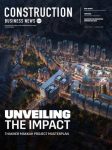
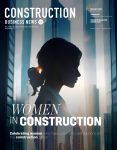




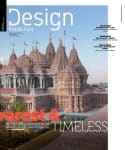


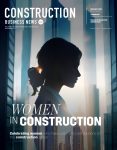
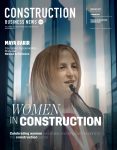

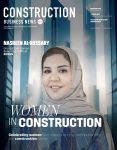
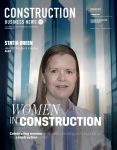
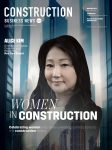
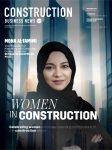

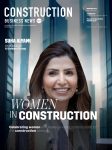
 Kuwaiti developer URC signs with Ahmadiah Contracting for the Commercial District development at Hessah AlMubarak
Kuwaiti developer URC signs with Ahmadiah Contracting for the Commercial District development at Hessah AlMubarak